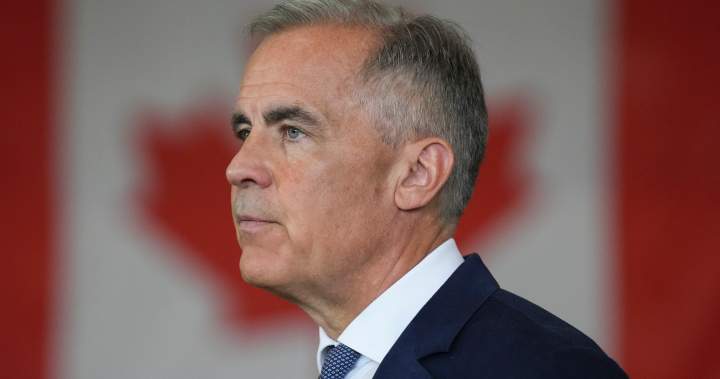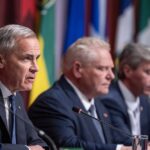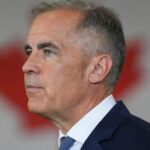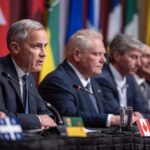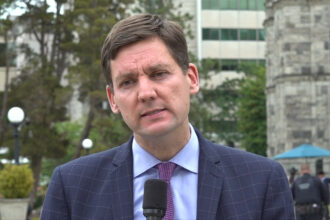In a critical diplomatic push amidst rising trade tensions, Mark Carney, Canada’s Special Envoy on Climate Action and Finance, has engaged in high-stakes discussions with key US senators this week. These meetings come at a pivotal moment as Canada navigates the complex aftermath of Donald Trump’s election victory and his campaign promises of sweeping tariffs that could severely impact Canadian exports.
The discussions, described by sources close to the negotiations as “substantive and forward-looking,” represent Canada’s proactive approach to safeguarding its economic interests. Carney, the former Bank of Canada and Bank of England governor, brings significant financial credibility to these sensitive conversations at a time when Canada’s $1.1 trillion annual trade relationship with the United States hangs in the balance.
“We’re engaging with representatives across the political spectrum to reinforce the mutual benefits of our integrated economies,” Carney stated after meeting with members of the Senate Finance Committee. “The goal is to ensure Canadian interests are protected while acknowledging the legitimate concerns of our American partners.”
Trump’s proposed tariffs—potentially reaching 20% on all Canadian imports—have sent shockwaves through Canadian business sectors, with analysts projecting potential losses exceeding $65 billion annually if fully implemented. Particularly vulnerable are the automotive, energy, and agricultural sectors, which form the backbone of Canada’s export economy.
Senator Mike Crapo (R-Idaho), who participated in the talks, acknowledged the complexity of the situation. “While we understand President-elect Trump’s focus on fair trade, we must recognize that Canada remains our most reliable trading partner and closest ally. These discussions with Mr. Carney are essential to finding balanced solutions.”
The diplomatic initiative extends beyond immediate tariff concerns to address broader economic cooperation, including critical minerals supply chains, energy security, and coordinated approaches to climate finance—areas where Carney’s expertise has proven particularly valuable.
Canadian officials have been quietly building alliances with moderate Republican senators and business leaders who recognize the potential damage widespread tariffs could inflict on both economies. This strategy reflects a sophisticated understanding that political dynamics in Washington will require multilateral approaches rather than direct confrontation.
“What’s unique about Carney’s approach is his ability to frame these discussions not as Canada versus America, but as a shared challenge requiring collaborative solutions,” noted Dr. Elena Rodriguez, international trade expert at the University of Toronto. “He’s effectively demonstrating how disrupting supply chains hurts American consumers and businesses as much as Canadian exporters.”
The meetings occur against a backdrop of uncertainty in global markets, with investors closely monitoring how Canada’s diplomatic efforts might mitigate potential trade disruptions. The Canadian dollar has experienced increased volatility since the US election, reflecting concerns about future economic relations.
As these critical discussions continue in the coming weeks, the fundamental question remains: can Canada’s diplomatic offensive successfully protect its economic interests while navigating the complex political realities of a new Trump administration? The answer may well determine the trajectory of North American trade relations for years to come.

